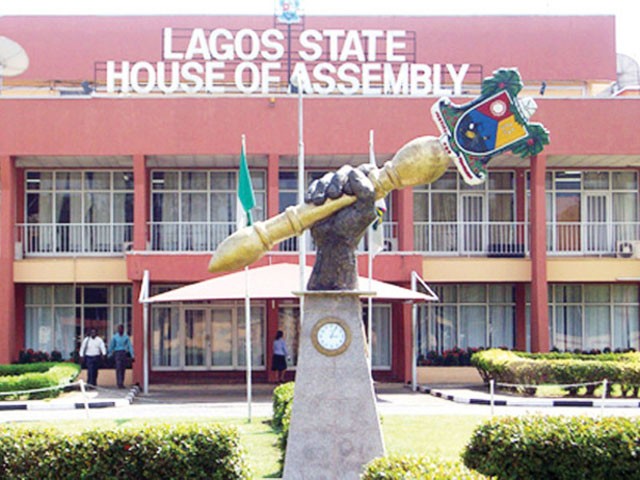By Martin Cole-
Lawmakers in Nigeria’s Lagos state, which includes the country’s commercial hub and biggest city, have today called for the renaming of sites and monuments named after slave traders and colonial officials.
The call follows the world wide protests sparked by the brutal killing of George Floyd which led to a raging debate about statues of several colonial masters during the slave trade, including that of former British prime minister, Winston Churchill.
Protests against the killing of George Floyd in the U.S. exposed the “systemic racism, oppression and domination of blacks by whites in spite of the abolition of the vexatious slave trade and related activities since the 18th century,” Noheem Adams, the sponsor of the motion, said during proceedings.
The state Governor Babajide Sanwo-Olu should direct officials in charge of tourism, arts and culture to take steps to hasten the removal of statues and renaming of buildings and monuments, the lawmakers said.
Lagos inherited its name from Portuguese traders who visited in the 15th century. The coastal town of Badagry, about 43 kilometers (27 miles) west of Lagos, was a major slave port, while monuments honoring colonial officials and slave traders are located in several parts of the city.
Victoria Island, the state’s most affluent headquarters to major local and international banks as well as diplomatic offices, was named after Queen Victoria, who ruled the United Kingdom of Great Britain from 20 June 1837 until her death in January 1901 at a time pre-colonial Nigeria was still under British rule.
Lawmakers in a unanimous vote on Tuesday adopted a motion calling on Lagos governor, Babajide Sanwo-Olu, to direct the Commissioner for Tourism, Arts and Culture to liaise with the Attorney-General and Commissioner for Justice to look at the Listed Sites (Prevention) Law, 2015, with a view to removing all vestiges of slave trade and colonialism
Lagos based lawyer, Olukoya Ogungbeje, said the move is laudable, and a step in the right direction, adding that Nigerians should begin to recognise and celebrate their heroes.
“We cannot have monuments, streets, and public properties named after colonial masters who are not our own indigenous heroes. We can count the move as an act of patriotism on the part of the Lagos state House of Assembly. ”
Mr Ogungbeje said changing of the names will help in preserving Nigeria’s indigenous archives, history, cultures and values. He added that the change of names will help to immortalise heroes, nationalists and forefathers such as Obafemi Awolowo, Ahmadu Bello, Gani Fawehinmi, Nnamdi Azikwe, Herbert Macaulay, and others.
Law makers are now exploring Nigerian statutes for legal grounds to change monuments and public properties named after its colonial masters.
Image: Lagos State Assembly




